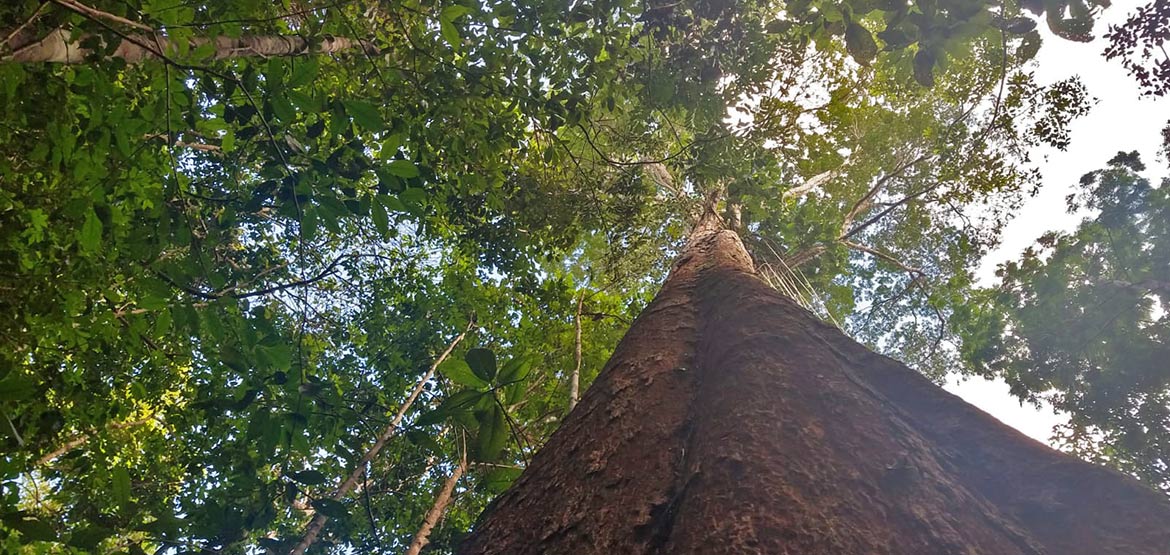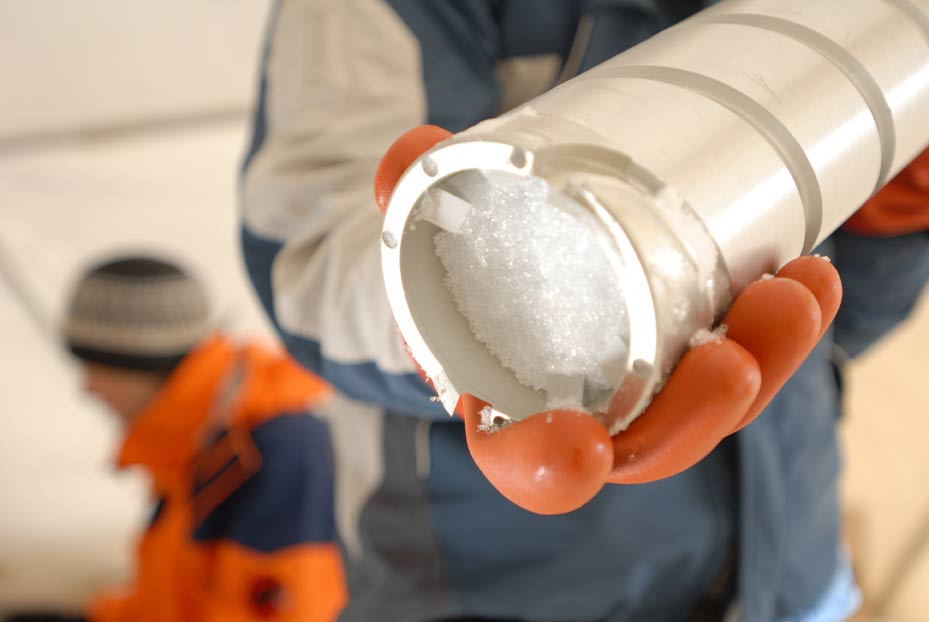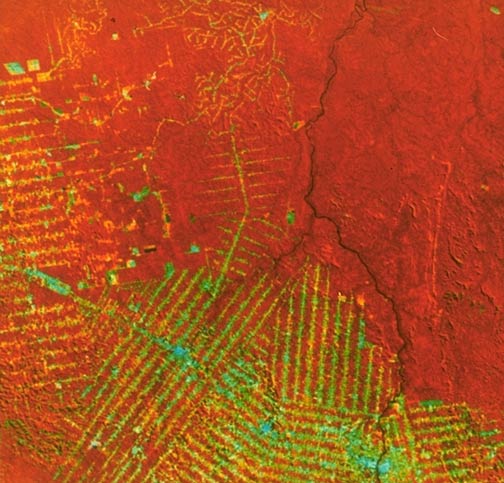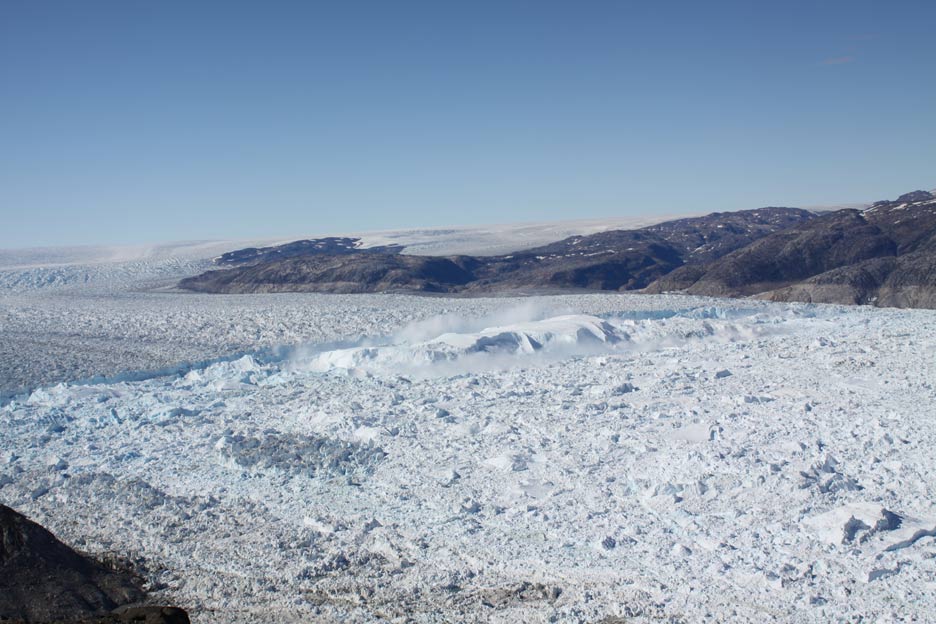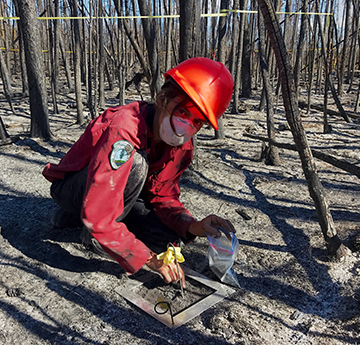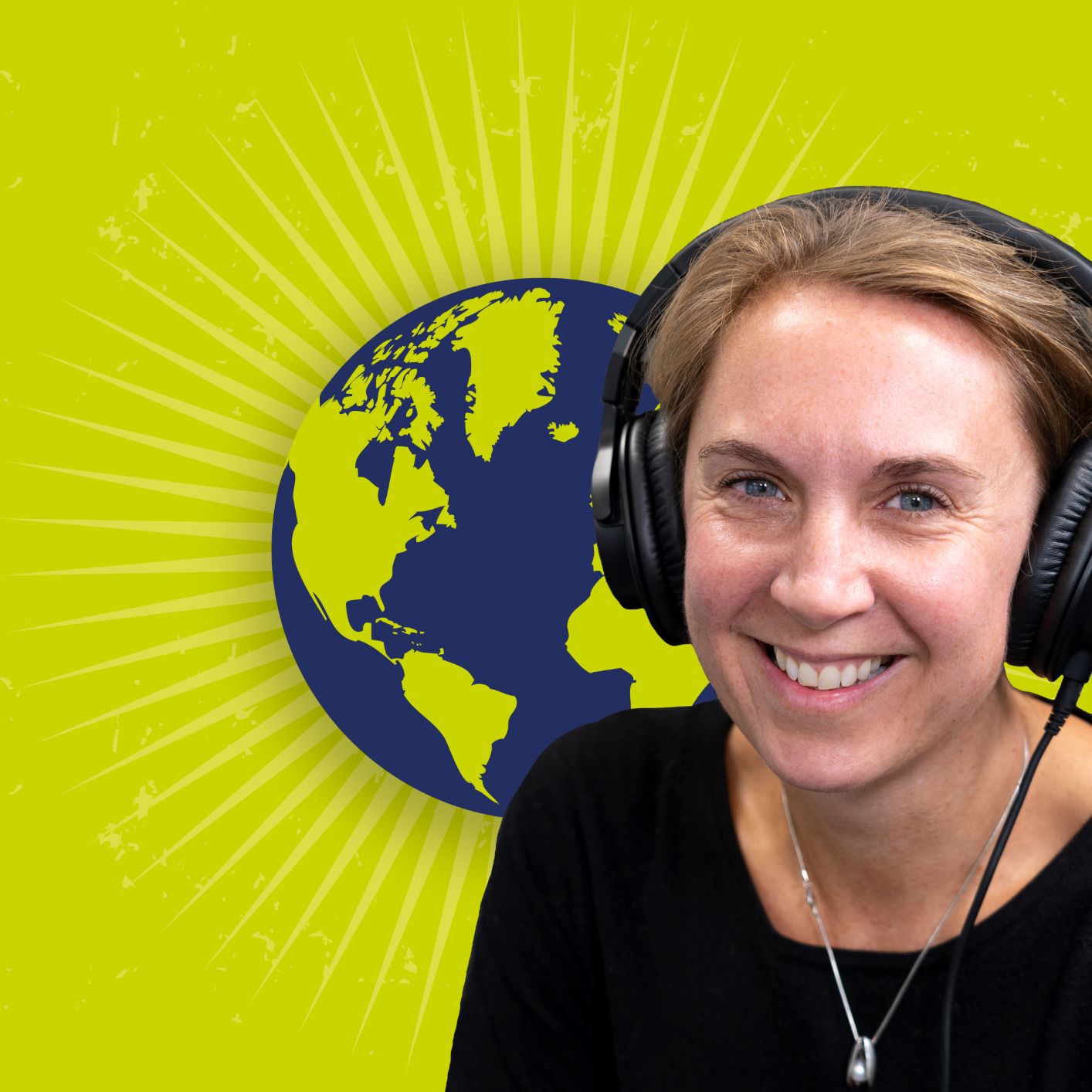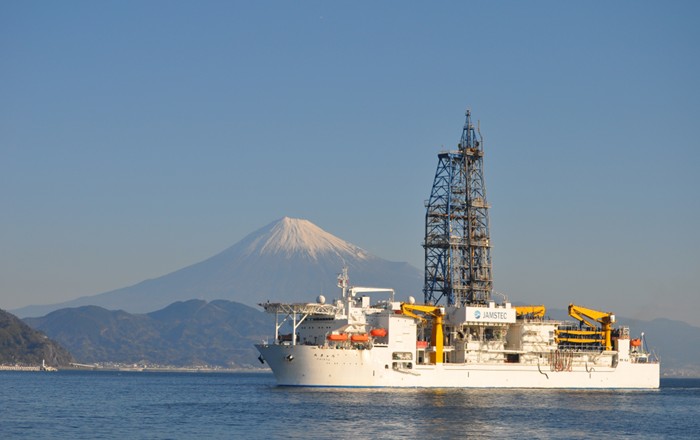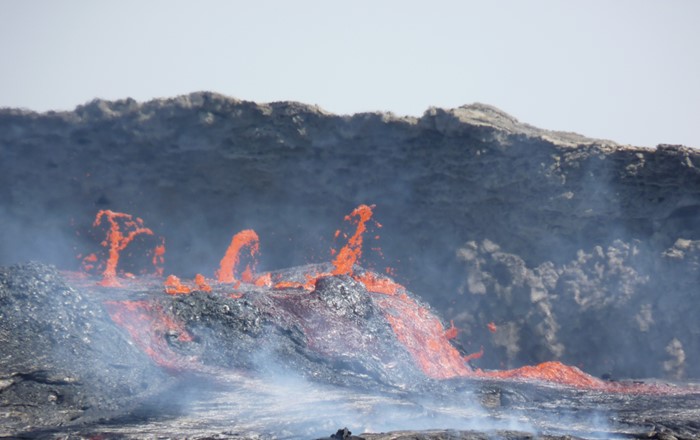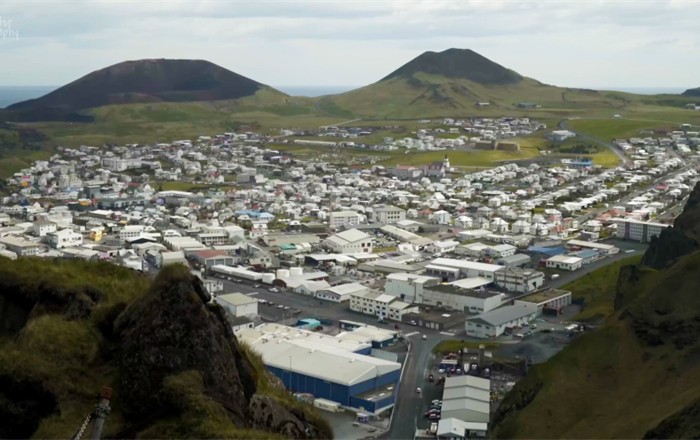World leading research
Research Excellence Framework (REF), 2021: We are delighted that 90% of our research outputs have been recognised as world leading and internationally excellent. 100% of the environment was rated as world leading and internationally excellent, showing a thriving research community spanning human and physical geography.
Our research environment (how the Department supports research staff and students) and the impact of our research (its value to society) were both judged to be 100% world leading or internationally excellent.
We have expertise in dendroclimatology and dendrochronology, tephrochronology, stable isotope analysis, biogeochemical fluxes (carbon, silicon), the occurrence and impacts of wildfire, soil hydrology and sediment tracing, argon dating and igneous petrology; primarily covering atmospheric, cryospheric, terrestrial and volcanic processes.
Swansea’s Human Geography research covers a wide range of themes and focuses on two areas: Migration, boundaries and identities and Social theory and urban space.
Our research is theoretically informed, empirically rich, and critically engaged, with relevance and impact for both policy and practice.
Our research focuses on understanding how natural and man-made changes affect the biosphere, and using satellite information to improve modelling of weather and climate.
The group works with space agencies ESA and NASA in developing new satellite methods and datasets to improve understanding of the Earth’s biosphere and atmosphere.
The Glaciology Group combines world-leading expertise in computer simulation, satellite remote sensing, and geophysical and geological field methods in the Arctic, Antarctic, and most glaciated regions.
We are particularly noted for advancing the understanding of ice shelf stability, iceberg calving, glacier surging, ice stream flow and solid earth interactions in Antarctica, Greenland, and Svalbard.
United Nations Sustainable Development Goals
Our research contributes to the success of these specific UNSDG goals.

